WORLD
Xi Jinping’s third term as president bodes ill for China, India and the world
- IBJ Bureau
- Nov 03, 2022
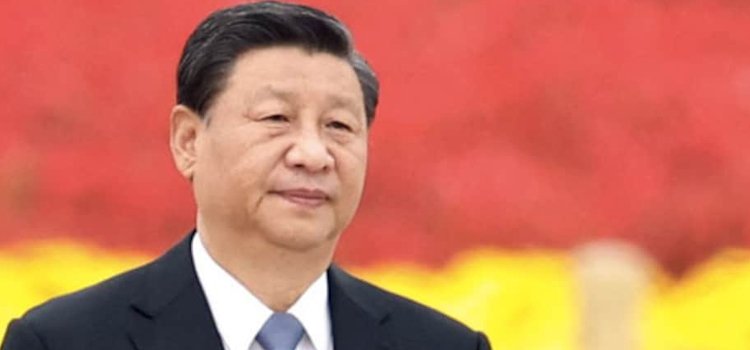
As expected, President Xi Jinping secured an
unprecedented, historic third term last month. The recently-concluded 20th
National Congress of the Communist Party of China (CPC)
elected Mr Jinping for the third term as General Secretary of the CPC and
president of China. The re-election was unprecedented and historic because Mr Jinping,
69, is the only Chinese leader after Mao
Zedong, the founder of Communist China, to get the third term. After Mao and
until now, the Chinese president’s tenure was restricted to two terms of five
years each.
Hu Jintao, Mr Jinping’s predecessor, former Prime
Minister Le Keqiang and former Vice-Premier Wang Yang were unceremoniously
shown the door. These reform-minded leaders were instead replaced by Mr Jinping’s
loyalists. Mr Jintao, who was seated next to Mr Jinping, was especially guided
out of the head table to the glare of the global media. This was purposefully
choreographed to display Mr Jinping’s unshakable clout in the CPC.
Mr
Jinping’s third term implies continuity of the prevailing policies. There would
be an aggressive expansionism policy with heightened tension in Taiwan, the South
China Sea and the Asia-Pacific region. Russia’s reversals in Ukraine may fortunately
make China pragmatic and prevent it from escalating crises in the
neighbourhood. However, China is most likely to continue building up pressure on
Japan, Australia and the US. Nearer home, China will continue to interfere in Ladakh
and Aurnachal Pradesh.
Mr
Jinping’s continuation at the helm of affairs spells doom for both Chinese and
global economies. His third term is particularly bad for the world which is
still coming to terms with high
inflation and rising interest rates. The Chinese president’s obsession with
zero-COVID cases has led him to impose insanely-stringent measures, such as
frequent lockdowns. These steps have led to shutdown of factories, which have
badly battered the country’s manufacturing and export sectors.
Besides, a crackdown on technology companies, private
tutoring entities, gaming and cosmetics industry is hurting the sectors that
have been contributing immensely to the country’s GDP. These tough measures
have also shaken investors’ confidence, leading to many foreign investors moving
out of China. The ongoing meltdown of the Chinese banking system and its real
estate sector is complicating matters further.
Mr Jinping’s third term is unlikely to be very
different from his second one when it comes to India. The biggest dent for
India has been the phenomenal rise in bilateral trade, tilting completely in
favour of China. Just how bad the situation is on the trade front can be gauged
by a quick glance at the trade figures during Mr Jinping’s past two terms.
India’s trade deficit with China has surged to a record high from $38.7 billion
in FY13 to $73.3 billion in FY22.
Meanwhile, some analysts point out that a crisis-hit China is a boon for India. The world is keen on exploring the China-Plus-One Strategy, where investors look for destinations other than China to diversify their investments. These analysts stress that India can be one of the alternative destinations.
Theoretically, India can easily fit into the world’s
China-Plus-One Strategy. But reality, alas, is quite dismal. India is quite an
insignificant player in the global value chain, accounting for a mere 1.3 per
cent of the world’s value chain. Moreover, India’s overdependence on China for
many vital products – ranging from electronic gadgets to mobile phones and
active pharmaceutical ingredients – has turned Atmanirbhar Bharat Abhiyan and Vocal
For Local campaign into empty slogans.
But there is still hope amid despair. India should
slowly, surely, and most importantly, silently begin its journey towards
self-reliance. The results will certainly materialise over time but never
overnight.

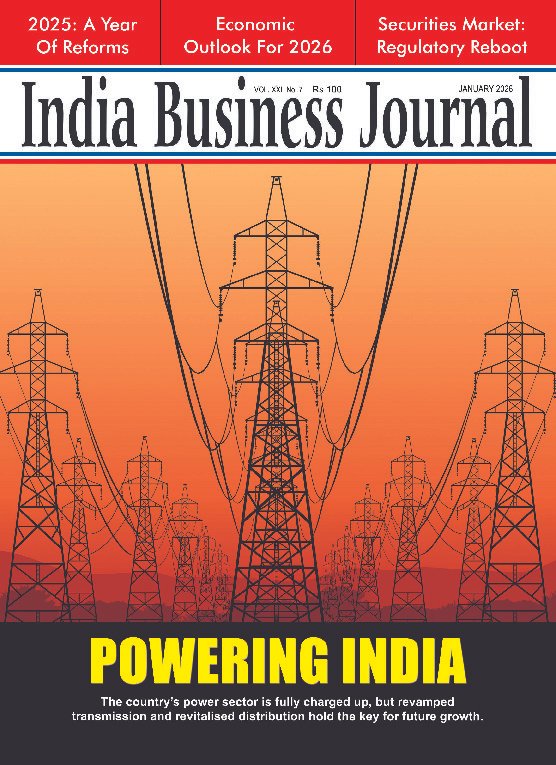

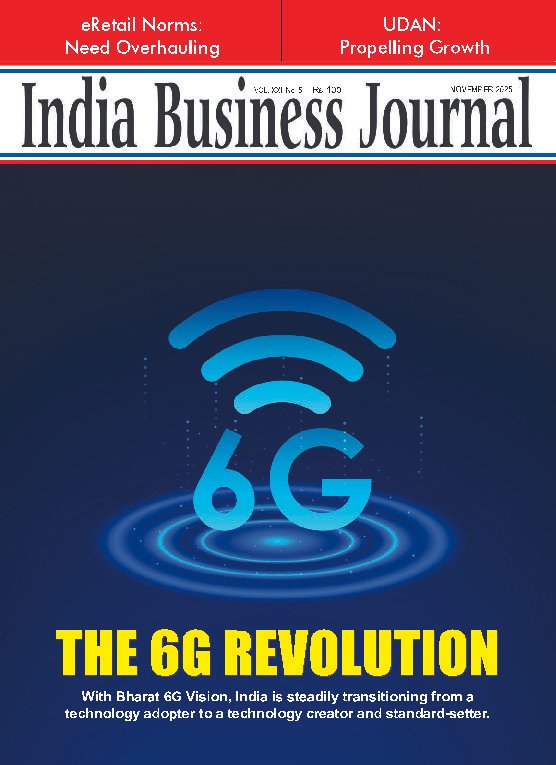
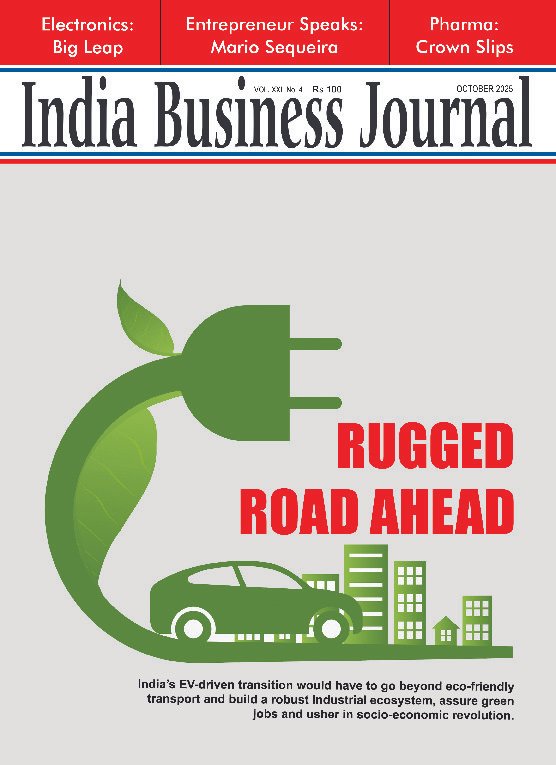
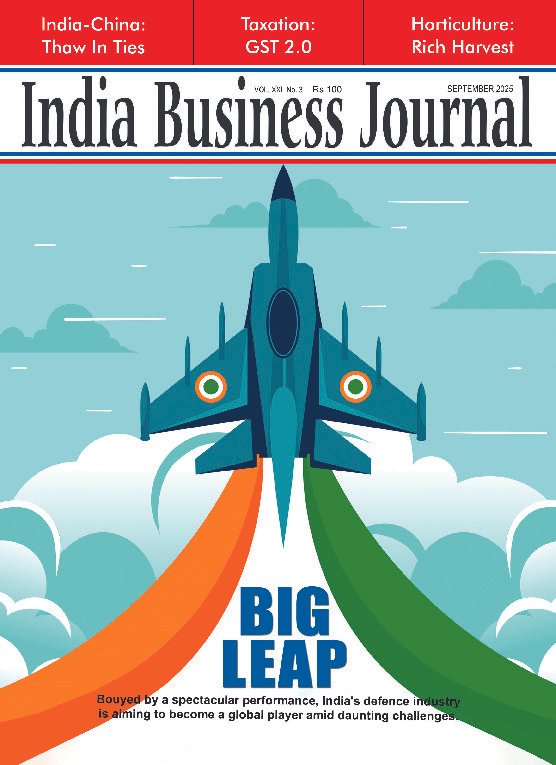







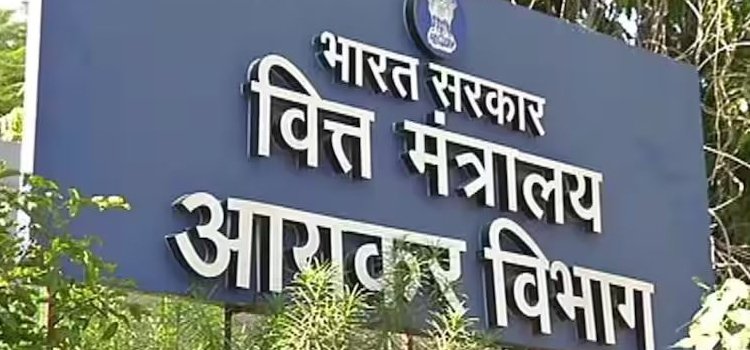
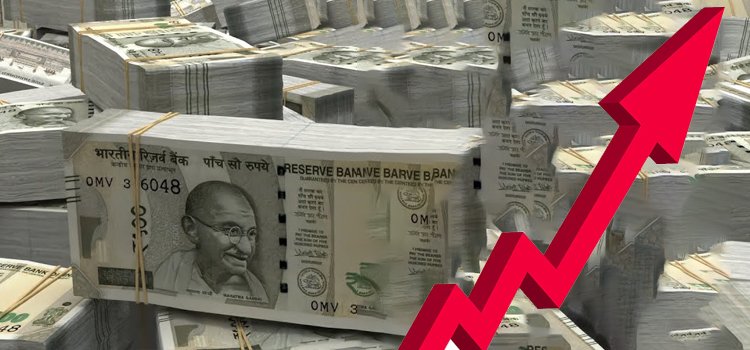
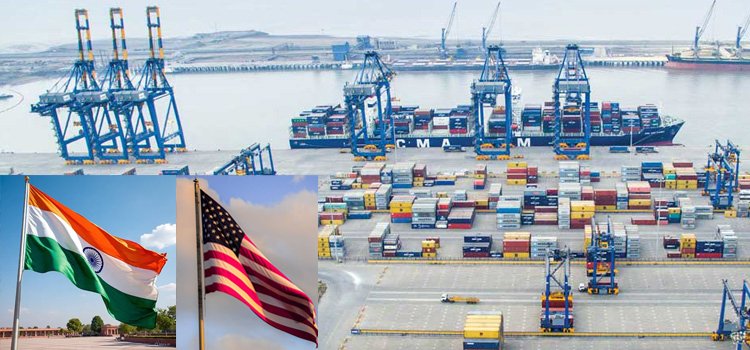





Report By
View Reporter News